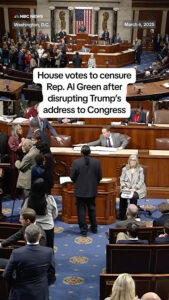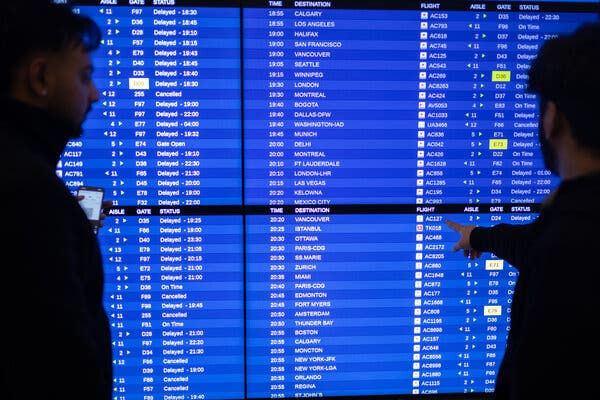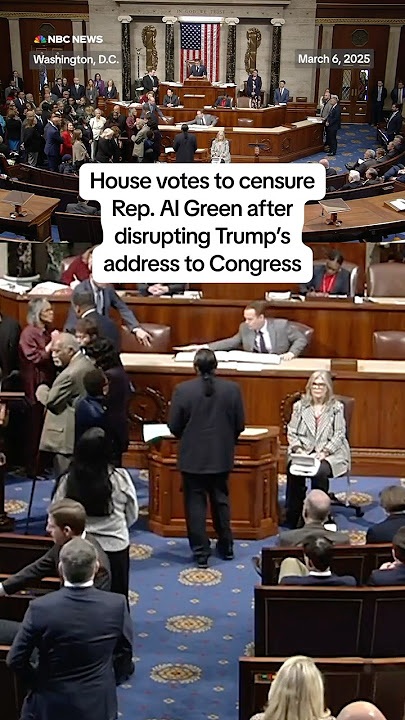Understanding the Impact of the Trump Travel Ban: A Comprehensive Analysis
The Trump travel ban, implemented during his administration, has remained a contentious topic, influencing both domestic and international policies. As we delve into the intricacies of the travel ban, it is crucial to understand its implications for various stakeholders, including HR professionals and business leaders navigating the complex landscape of immigration, employment, and global business operations.
What Was the Trump Travel Ban?
The travel ban, officially known as Executive Order 13769, was enacted on January 27, 2017. It sought to prohibit entry into the United States for individuals from several predominantly Muslim countries, including Iran, Iraq, Libya, Somalia, Sudan, Syria, and Yemen. This move sparked widespread protests, legal challenges, and an extensive debate surrounding its legality and ethical considerations.
Legal Challenges and Outcomes
Following the issuance of the travel ban, numerous lawsuits were filed against the government. In a landmark ruling, the U.S. Supreme Court upheld a revised version of the ban in June 2018, citing national security concerns. This decision affirmed the executive branch’s authority to establish immigration policies but also raised questions about discrimination and the rights of affected individuals.
Economical and Business Implications
From a business perspective, the Trump travel ban posed significant challenges for companies reliant on global talent. HR professionals, in particular, faced heightened scrutiny in their hiring practices. Many organizations struggled to attract skilled employees from the banned countries, impacting productivity and innovation.
Furthermore, the travel ban created uncertainty around visa processes, resulting in delays and increased costs for businesses. Companies often found it difficult to predict the impact of such policies on their workforce planning and talent acquisition strategies.
HR Strategies in Response to the Travel Ban
In light of the travel ban, HR leaders had to adapt their strategies to maintain a diverse and inclusive workforce. Effective communication became vital, ensuring that employees were informed about the evolving legal landscape. Additionally, organizations began to prioritize the recruitment of local talent and explored alternative international markets.
Companies also sought legal counsel to navigate the complexities of immigration law. Establishing strong relationships with immigration attorneys allowed HR teams to stay informed about changes and ensure compliance with regulations.
Global Perspectives: International Reactions to the Ban
The international community reacted sharply to the Trump travel ban, viewing it as a departure from America’s longstanding tradition of welcoming immigrants. Countries like Canada quickly positioned themselves as attractive alternatives for skilled workers, implementing strategies to lure talent across borders.
For instance, Canada’s Express Entry system offered expedited pathways for skilled immigrants, contrasting sharply with the restrictions imposed by the U.S. travel ban.
Future of U.S. Immigration Policies Post-Trump
As the political landscape shifts, the future of U.S. immigration policies remains uncertain. The Biden administration has signaled intentions to re-evaluate travel bans and adopt a more inclusive approach to immigration.
This potential policy shift presents both challenges and opportunities. For businesses, a return to more open immigration policies could revitalize talent acquisition strategies, easing the hiring of skilled professionals from diverse backgrounds.
Conclusion: Navigating the Evolving Landscape
The Trump travel ban has had far-reaching implications beyond its immediate impact. As HR professionals and business leaders, it is essential to remain vigilant and adaptable amid changing immigration policies. By fostering inclusive workplaces and advocating for fair hiring practices, companies can thrive in an increasingly interconnected world.
For further insights into the travel ban and its ongoing effects, you can read more here.








